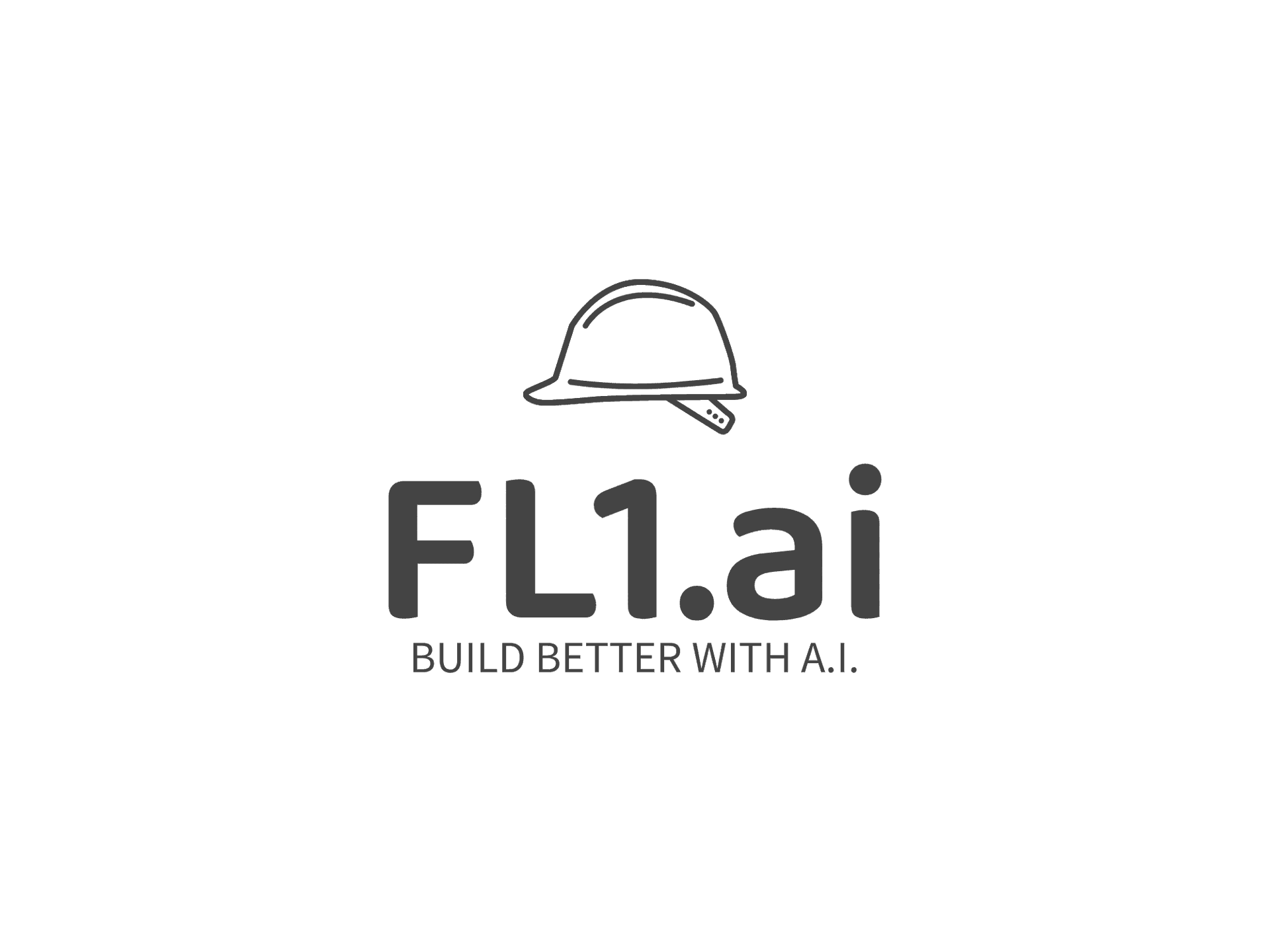Maximizing Efficiency: Resource Management AI Tools for Construction
Introduction to Resource Management AI Tools
In the fast-paced world of construction, maximizing efficiency is crucial for meeting deadlines and staying within budget. One of the most effective ways to achieve this is through the implementation of resource management AI tools. These advanced technologies are designed to streamline operations, reduce waste, and enhance productivity.
Resource management AI tools can transform how construction projects are planned and executed. By leveraging artificial intelligence, these tools provide real-time insights and data-driven decisions, enabling construction managers to allocate resources more effectively.

The Benefits of AI in Construction
One of the primary benefits of using AI in construction is its ability to optimize resource allocation. By analyzing vast amounts of data, AI tools can predict potential project delays, identify resource bottlenecks, and suggest solutions before issues arise. This proactive approach minimizes disruptions and keeps projects on track.
Additionally, AI tools can improve inventory management. By accurately forecasting material needs, these systems can reduce excess inventory costs and minimize waste. This not only saves money but also supports sustainable building practices.
Improving Workforce Efficiency
AI-powered resource management tools also have a significant impact on workforce efficiency. By analyzing worker performance data, these tools can identify skill gaps and recommend targeted training programs. This ensures that employees are well-equipped to handle their tasks, leading to improved productivity and job satisfaction.

Key Features of Resource Management AI Tools
When considering the implementation of AI tools in construction, it's essential to understand their key features. Many tools offer project scheduling capabilities, which help streamline timelines and ensure that every phase of the project is completed efficiently.
Another critical feature is predictive analytics. By assessing historical data and current project metrics, these tools can forecast potential challenges and suggest preventive measures. This allows project managers to make informed decisions and mitigate risks effectively.
Enhancing Collaboration and Communication
Resource management AI tools also enhance collaboration and communication among team members. By providing a centralized platform for information sharing, these tools ensure that everyone is on the same page, reducing misunderstandings and improving project outcomes.

Implementing AI Tools in Your Construction Projects
To successfully implement AI tools in your construction projects, start by identifying your specific needs and objectives. Consider which aspects of your operations could benefit most from AI integration, such as resource allocation, scheduling, or inventory management.
Next, research and select a tool that aligns with your goals. Look for a solution that offers user-friendly interfaces, robust analytics capabilities, and scalability to grow with your business needs. Once chosen, invest in training your team to ensure they can effectively utilize the new technology.
The Future of Construction with AI
The adoption of AI in construction is set to revolutionize the industry. As these technologies continue to evolve, they will offer even greater precision and efficiency in managing resources. Embracing this change now will position your business as a leader in the construction sector.
In conclusion, integrating resource management AI tools into construction projects offers numerous benefits, from optimizing resource allocation and improving workforce efficiency to enhancing communication and collaboration. By leveraging these advanced technologies, construction companies can maximize efficiency and drive successful project outcomes.
